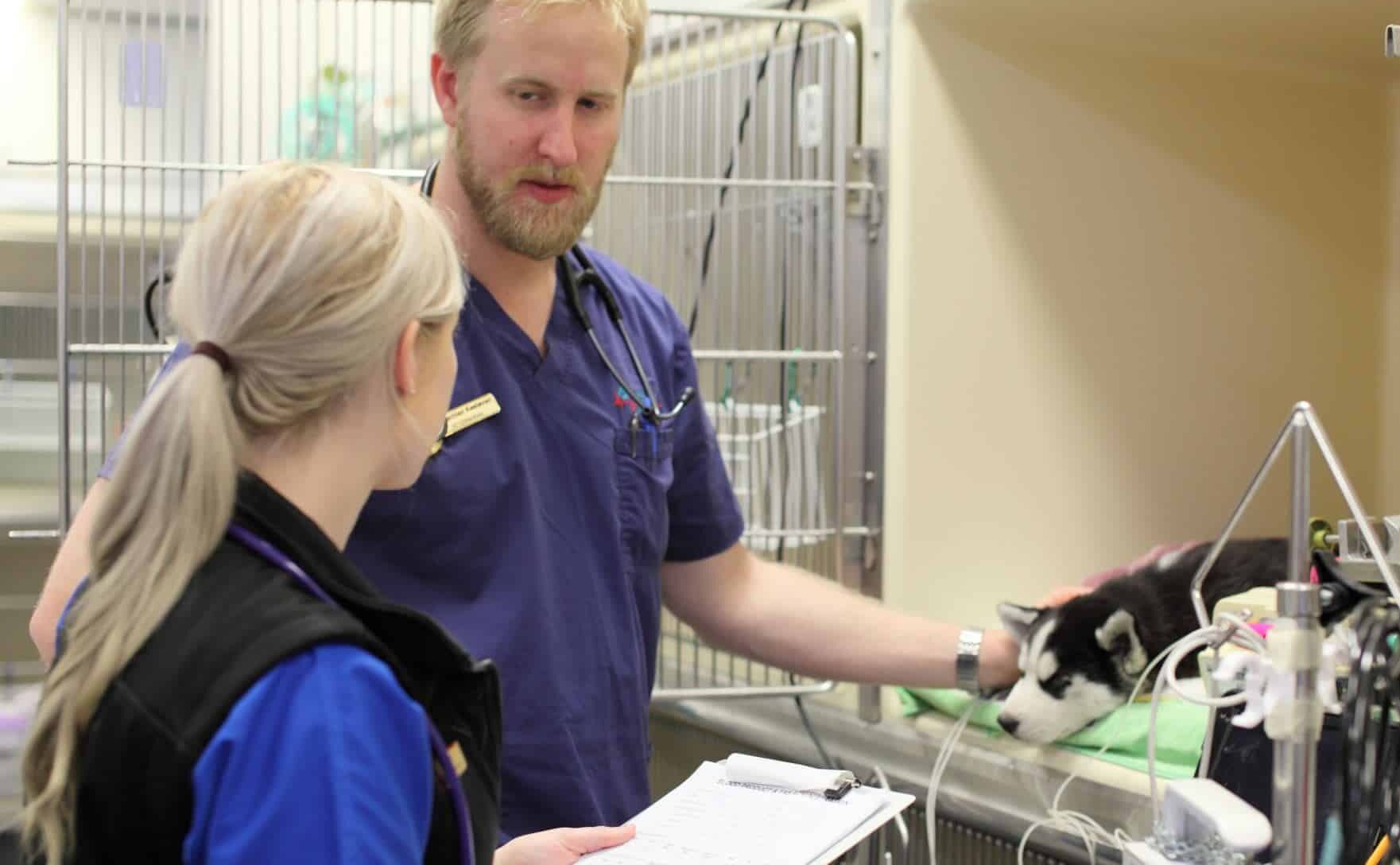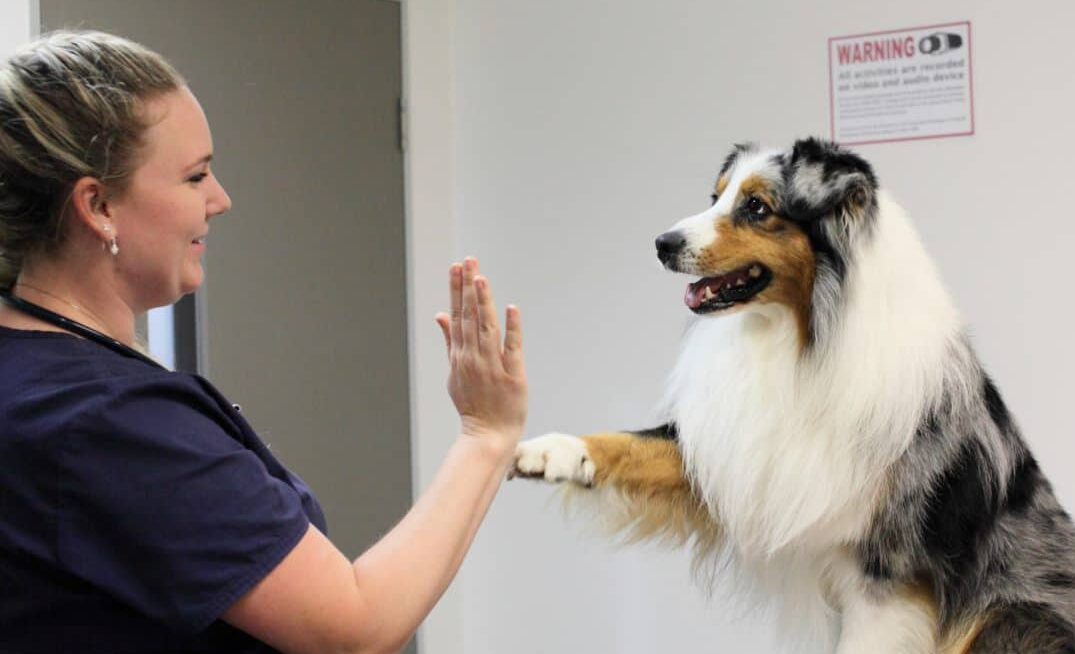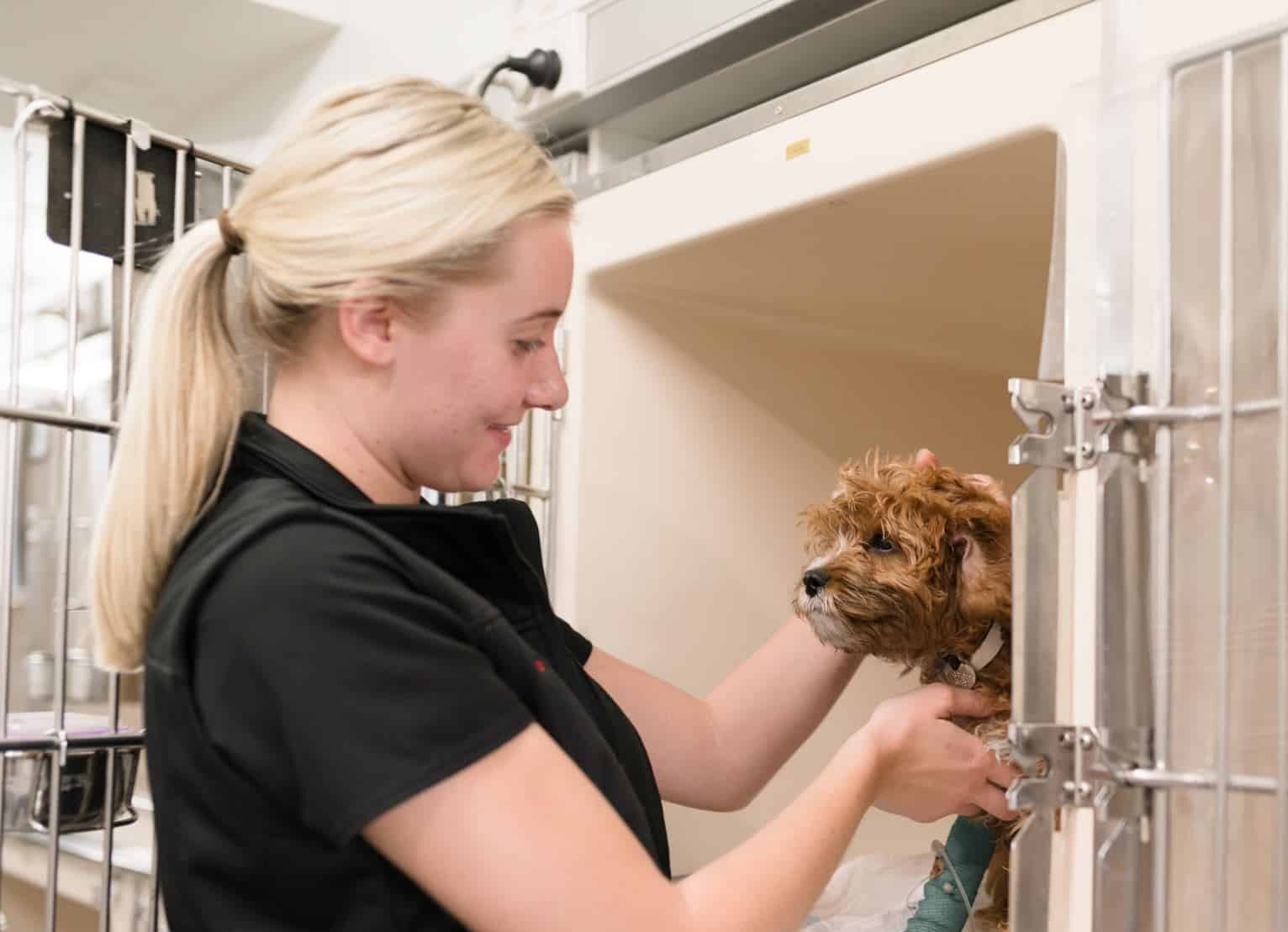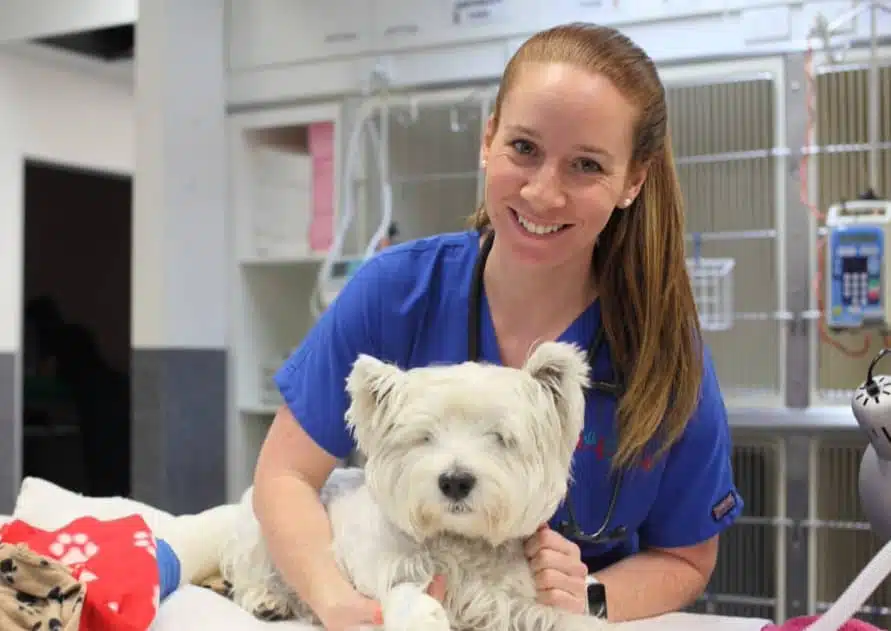Setting and achieving goals is a fundamental aspect of professional development in the veterinary field. Whether you’re a veterinarian looking to enhance your clinical knowledge, a practice manager aiming to improve operational efficiency, or a veterinary nurse aspiring to provide better patient care, effective goal setting can help you stay focused and motivated.
In this blog, we’ll explore the importance of setting clear and achievable goals in the veterinary profession and provide practical tips on how to set goals that lead to consistent results. Whether you’re new to goal setting or looking to refine your approach, this guide will help you create a roadmap for success in your veterinary career.
Define Clear and Specific Veterinary Goals
When setting goals in the veterinary field, it’s crucial to define them with clarity and specificity. This means clearly articulating what you want to achieve and how you plan to accomplish it. For example, rather than setting a vague goal like “improve patient care,” you might specify that you want to reduce wait times for patients by implementing a new scheduling system.
By defining your goals in this way, you make them more tangible and easier to measure. This clarity also helps you stay focused and motivated, as you have a clear target to aim for. Additionally, setting specific goals allows you to break them down into smaller, more manageable tasks, making it easier to track your progress and stay on course.
When defining your goals, it’s also important to ensure they are realistic and achievable. Setting goals that are too ambitious or beyond your control can lead to frustration and disappointment. Instead, aim to set goals that stretch you slightly beyond your comfort zone but are still within reach with effort and commitment.
Finally, make sure your goals are time-bound. Setting deadlines helps create a sense of urgency and keeps you accountable. It also allows you to track your progress over time and make adjustments to your approach if necessary.

Break Down Goals into Manageable Steps
Breaking down goals into manageable steps is essential for ensuring consistent progress and avoiding overwhelm. When you have a big goal, such as improving client communication skills, it can be daunting to tackle it all at once. Instead, you can break it down into smaller, more manageable steps.
Start by identifying the specific skills or behaviours you want to improve. For example, you might want to work on active listening, empathy, and clear communication. Once you’ve identified these areas, you can break them down further into specific actions you can take to improve each one.
- For active listening, you might set a goal to practice active listening techniques during client consultations. This could involve maintaining eye contact, nodding to show you’re listening, and paraphrasing what the client says to ensure you understand correctly.
- For empathy, you might set a goal to learn more about the experiences and emotions of your clients. This could involve reading books or taking courses on empathy in veterinary care.
- For clear communication, you might set a goal to practice using clear and jargon-free language when speaking to clients. This could involve recording yourself during client interactions and reviewing the recordings to identify areas for improvement.
By breaking down your goal of improving client communication skills into these smaller steps, you can focus on making incremental progress. This approach not only makes the goal more manageable but also allows you to track your progress more effectively and stay motivated as you see yourself making tangible improvements over time.
Regularly Review and Adjust Your Goals
Regularly reviewing and adjusting your goals is crucial for maintaining focus and ensuring that your efforts align with your overarching objectives. As you progress toward your goals, it’s important to periodically assess your performance and determine if any adjustments are needed.
One reason for reviewing your goals is to ensure they remain relevant. Over time, your priorities and circumstances may change, requiring you to modify your goals accordingly. For example, if you initially set a goal to increase your surgical caseload but find that your interests have shifted toward internal medicine, you may need to adjust your goals to reflect this new focus.
Another reason to review your goals is to assess your progress and identify any obstacles that may be hindering your success. By regularly reviewing your goals, you can identify areas where you are falling short and take corrective action to get back on track. This might involve revising your timeline, seeking additional resources or support, or refining your strategies for achieving your goals.

Seek Feedback and Support
Seeking feedback and support from veterinary mentors is a valuable strategy for achieving your veterinary goals. By sharing your goals with colleagues, mentors, or supervisors, you can gain valuable insights and perspectives that can help you refine your goals and develop strategies for achieving them.
Feedback from others can provide you with valuable information about your progress and areas for improvement. For example, if you share your goal of improving your surgical skills with a more experienced colleague, they may be able to provide you with feedback on your technique and suggest ways to enhance your skills further.
Support from others can also help you stay motivated and accountable. By involving others in your goal-setting process, you can create a support network that can offer encouragement and guidance when you need it most. This support can be especially valuable during challenging times when you may feel tempted to give up on your goals.
In addition to seeking feedback and support from colleagues, mentors, and supervisors, you can also benefit from collaborating with others who share similar goals. By working together toward a common objective, you can leverage each other’s strengths and experiences to achieve more significant results than you could on your own.
Celebrate Your Milestones!
Celebrating milestones along the way is an important part of goal setting in the veterinary field. Achieving your goals, no matter how big or small, is a significant accomplishment that deserves recognition. By celebrating your milestones, you can acknowledge your hard work and progress, stay motivated, and build momentum towards achieving your ultimate objectives.
Celebrating milestones doesn’t have to be extravagant. It can be as simple as treating yourself to a nice meal, taking a day off to relax, or sharing your achievement with friends and colleagues. The key is to take the time to acknowledge your progress and reflect on how far you’ve come.
This is also the perfect way to help you stay motivated and focused on your goals. By recognising and celebrating your achievements, you can reinforce positive behaviours and attitudes that will help you continue making progress. It can also boost your confidence and self-esteem, making you more likely to tackle the next challenge with enthusiasm and determination.

Stay Flexible and Adapt
Unexpected opportunities may arise that could alter your path toward achieving your goals. For example, you may have set a goal to specialize in a particular area of veterinary medicine, but a new opportunity to work with a different species or in a different setting may present itself. By remaining flexible, you can evaluate these opportunities and adjust your goals accordingly if they align better with your long-term objectives.
Additionally, staying flexible allows you to adapt to unforeseen challenges that may arise along the way. For example, you may encounter obstacles that make it difficult to achieve your original goals within the planned timeframe. In such cases, being flexible and willing to adjust your goals can help you overcome these challenges and stay on track toward achieving your ultimate objectives.
Another reason for staying flexible is that your interests and priorities may change over time. What may have been a meaningful goal for you at one point in your career may no longer hold the same significance as you gain experience and expertise. By remaining open to change, you can reassess your goals periodically and make adjustments to ensure they continue to align with your evolving aspirations.
Setting and achieving goals in the veterinary field is a dynamic process that requires careful planning, flexibility, and commitment. By defining clear and specific goals, breaking them down into manageable steps, and regularly reviewing and adjusting them as needed, veterinary professionals can ensure consistent progress and success.
Ultimately, setting and achieving goals in the veterinary field is not just about reaching a destination; it’s about continuous growth and learning. By following these guidelines and staying committed to their goals, veterinary professionals can enhance their skills, advance their careers, and provide the best possible patient outcomes.
FAQs on Veterinary Goals
How can veterinary professionals effectively track their progress towards their goals?
Veterinary professionals can effectively track their progress towards their goals by using a variety of methods. One approach is to use a goal-tracking tool or software that allows them to set specific goals, track their progress, and visualise their achievements.
Another option is to keep a journal or log where they can record their daily activities and milestones related to their goals. Additionally, regular meetings with mentors, supervisors, or colleagues can provide valuable feedback and accountability, helping them stay on track towards their goals.
What are some common pitfalls to avoid when setting goals in the veterinary field?
Common pitfalls to avoid when setting goals in the veterinary field include setting unrealistic or overly vague goals, such as “improve patient care” without specifying how or by when. Another pitfall is failing to regularly review and adjust goals as needed, which can lead to stagnation or pursuing goals that are no longer relevant.
Additionally, not seeking feedback and support from others can hinder progress and limit potential growth. It’s important to be flexible and willing to adapt goals based on changing circumstances and priorities.
How can veterinary professionals stay motivated and focused on their goals in the face of challenges and setbacks?
Veterinary professionals can stay motivated and focused on their goals in the face of challenges and setbacks by maintaining a positive mindset and seeking support from others. Setting smaller, achievable milestones along the way can help maintain momentum and provide a sense of accomplishment.
Additionally, reminding themselves of the reasons behind their goals and the impact they can have on their career and patients can help reignite their passion and commitment.




